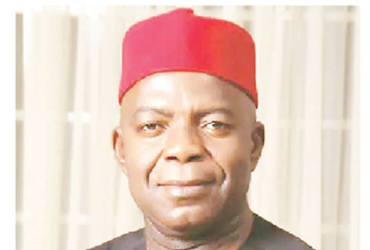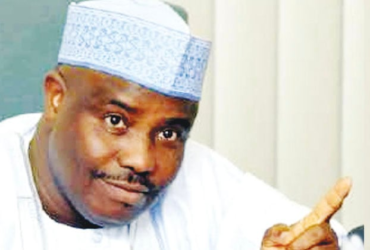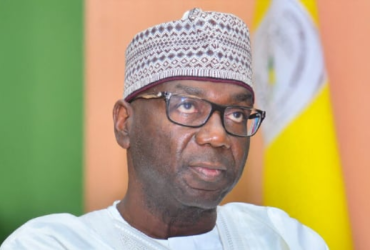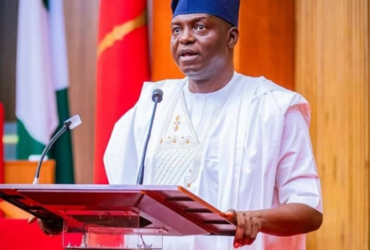A recent event involving the declaration of a state of emergency in Rivers State by an unnamed president and the subsequent removal of the sitting governor has stirred controversy and criticism. Legal experts have voiced their disapproval, citing the lack of constitutional authority for such actions. They argue that democratic processes should be followed to resolve political disputes rather than resorting to extreme measures like declaring a state of emergency.
The experts highlighted that similar crises in other states did not lead to such drastic actions by the presidency. They questioned the impartiality of the president and raised concerns about the constitutionality of the decision. The lawyers emphasized that the constitution does not grant the president the power to remove an elected governor without following the due process outlined in the law.
The declaration of a state of emergency was scrutinized for its compliance with the Nigerian Constitution, with experts pointing out specific provisions that need to be adhered to in such circumstances. They stressed the importance of upholding democratic norms and protecting fundamental rights during emergency periods.
Furthermore, the experts clarified that the process for removing a governor is clearly defined in the constitution and does not involve the president. They emphasized that even during a state of emergency, the constitutional procedures for removing an elected official must be followed without deviation.
In conclusion, the experts expressed concerns about the legality and implications of the president’s actions, urging adherence to the rule of law and constitutional provisions in handling such situations. The removal of the governor was deemed unconstitutional and condemned as an interference with the separation of powers, which is essential for the functioning of democracy in the country.














Leave a Reply